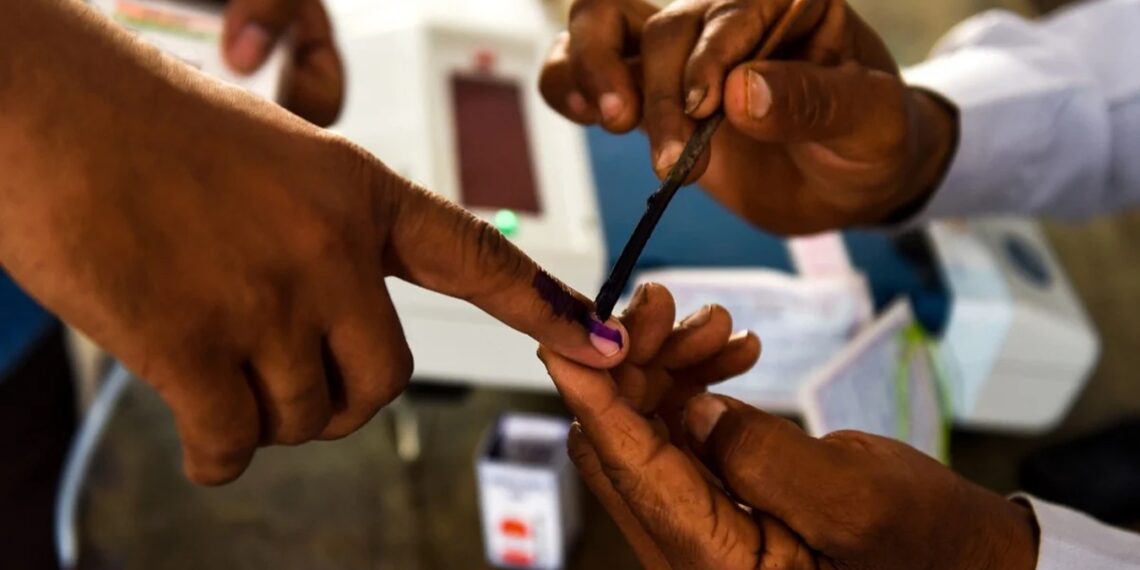GUWAHATI: In the serene village of Ranibari nestled in the foothills of Meghalaya, residents are grappling with a distinctive dilemma as they prepare to exercise their right to vote.
Situated in both the Guwahati and Shillong parliamentary constituencies, this tranquil village is home to approximately 500 individuals belonging to 96 families.
According to a report by the Times of India, Ranibari is slated to vote for the Guwahati seat on May 7, following their participation in the voting process for the Shillong Lok Sabha seat on April 19 during the first phase of elections.
What sets Ranibari apart is its unique demographic composition, with around 65 families possessing voting rights in Meghalaya as well, owing to their proximity to the border.
Despite the creation of Meghalaya in 1972, residents along the disputed Assam-Meghalaya border areas, known as “dual voters”, have continued to exercise their franchise in Assam for decades.
Despite opposition from Meghalaya poll officials against double voting, residents armed with valid identification from both states persist in participating in elections in both regions, posing a challenge for authorities to curb the practice.
Unlike neighbouring Langpih, where historical conflicts prompt residents to conceal their dual voter identity, the atmosphere in peaceful Ranibari is distinct.
Here, residents openly exercise their voting rights in both states.
The governance landscape further adds complexity to the situation.
While the Assam government provides electricity and infrastructure such as main roads, the Meghalaya government extends benefits such as job cards under MGNREGA, water supply, and agricultural assistance to the residents.
Pranab Rangsha, the headman of Ranibari village, highlighted the significance of governmental presence, stressing on the operation of two elementary schools under the Meghalaya government and the local district council office’s establishment in the village.















